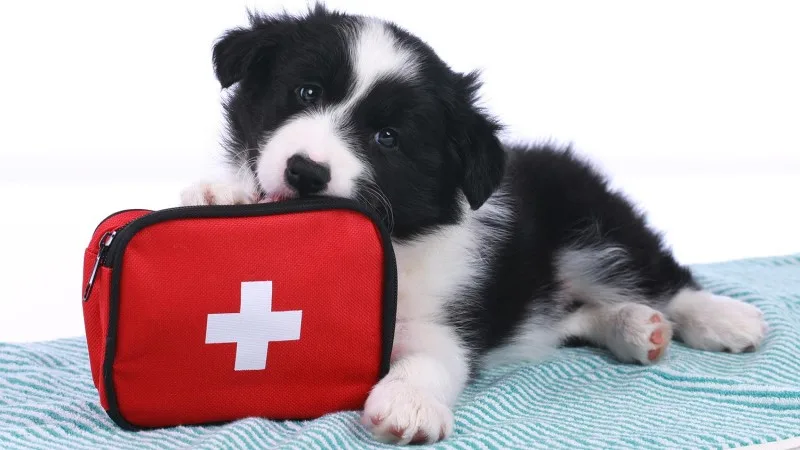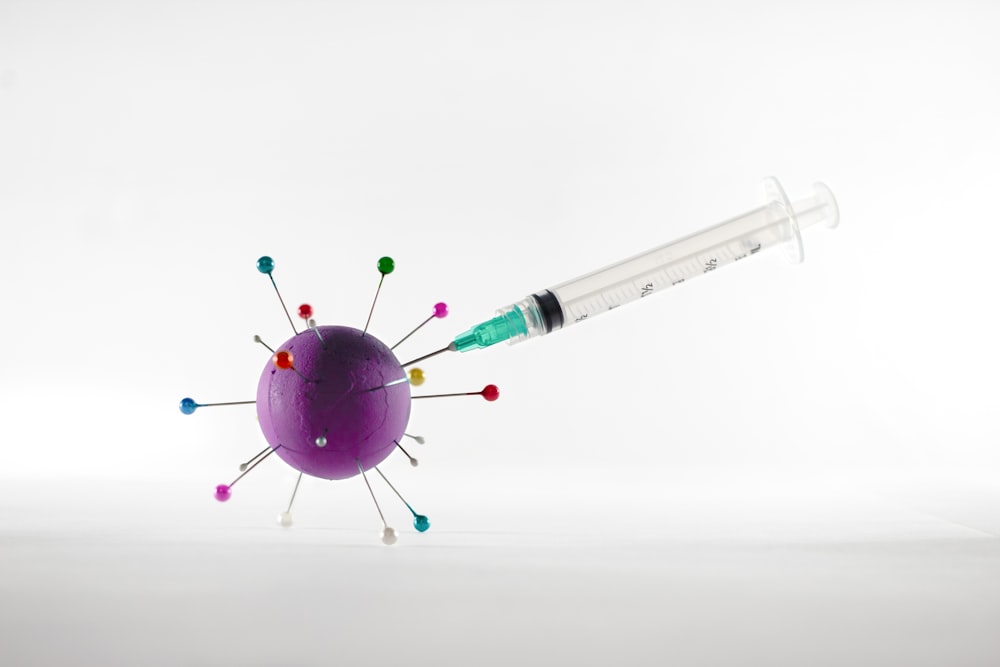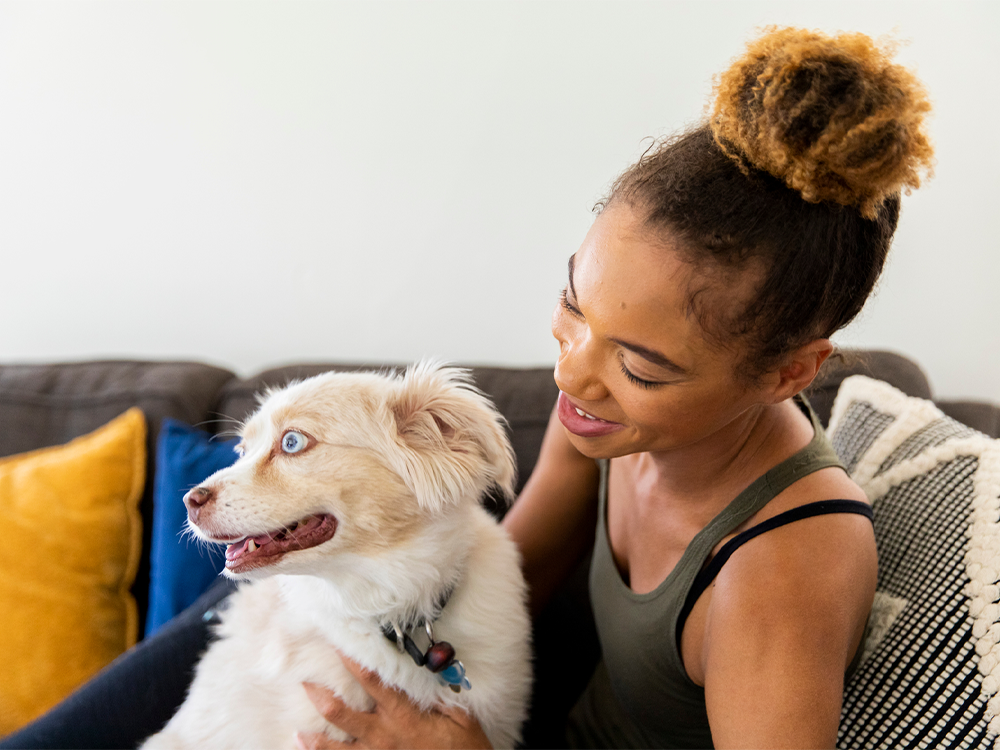
Emergency Pet Care: Essential First Aid for Your Furry Friend
Accidents and emergencies can happen at any time, and being prepared with basic pet first aid knowledge can make a significant difference in your pet’s well-being. In this guide, we’ll explore essential first aid practices to ensure you can provide immediate care for your furry friend when it matters most.
Understanding the Importance of Pet First Aid
Pet first aid is the immediate care given to an injured or ill pet until professional veterinary assistance is available. Having a basic understanding of first aid for pets allows you to respond promptly in emergency situations, potentially preventing further harm and improving the chances of a positive outcome.
Creating a Pet First Aid Kit
A well-equipped pet first aid kit is a crucial component of emergency preparedness. Include items such as gauze, adhesive tape, antiseptic wipes, scissors, tweezers, a digital thermometer, and disposable gloves. Additionally, have your pet’s medical records, emergency contact numbers, and any necessary medications readily accessible in the kit.
Dealing with Common Pet Emergencies
Choking: If your pet is choking, attempt to clear the airway by carefully opening the mouth and checking for any visible obstructions. If the obstruction is visible, gently remove it using pliers or tweezers. If the pet remains in distress, seek immediate veterinary attention.
Bleeding: Apply gentle pressure to the wound using a clean cloth or bandage. Elevate the injured area if possible. If bleeding persists, seek veterinary assistance.
Fractures or Sprains: Stabilize the injured limb using a splint or bandage. Be cautious when moving the pet and seek veterinary care promptly.
Handling Heat-related Emergencies
Pets can suffer from heatstroke, especially in hot weather. Signs include excessive panting, drooling, and lethargy. Move the pet to a cool area, offer water, and use wet towels or a fan to cool them down. Seek immediate veterinary attention as heatstroke can be life-threatening.
Addressing Poisoning Incidents
If you suspect your pet has ingested a toxic substance, contact your veterinarian or a poison control hotline immediately. Keep a sample of the ingested material and note any symptoms your pet is exhibiting. Do not attempt to induce vomiting without professional guidance, as some substances can cause further harm when regurgitated.
Providing CPR for Pets
Pet CPR can be life-saving in critical situations. If your pet is unresponsive and not breathing, begin chest compressions and artificial respiration. Ensure the airway is clear, and compress the chest at a rate of 100-120 compressions per minute. Combine CPR with seeking immediate veterinary care for the best chance of recovery.
Recognizing Signs of Shock
Shock can occur in pets after severe injury or trauma. Signs include rapid breathing, pale gums, and a weak pulse. Keep the pet warm, elevate their hindquarters slightly, and seek emergency veterinary attention promptly.
Knowing When to Seek Professional Help
While pet first aid is essential, it’s crucial to recognize when professional veterinary care is necessary. If your pet is severely injured, unconscious, having difficulty breathing, or experiencing seizures, seek immediate veterinary attention. First aid is a temporary measure until professional help is available.
Continuous Learning and Training
Stay informed about pet first aid techniques through courses and resources provided by reputable organizations. Knowing how to respond in emergencies requires ongoing education, ensuring that you are equipped to handle a variety of situations that may arise.
Visit CatMario4.org for Pet First Aid Resources
To explore comprehensive pet first aid resources and further enhance your knowledge, visit Pet first aid. CatMario4.org provides valuable information and tools to empower pet owners in emergency situations. Being prepared and knowledgeable is key to providing the best possible care for your furry friend in times of need.



